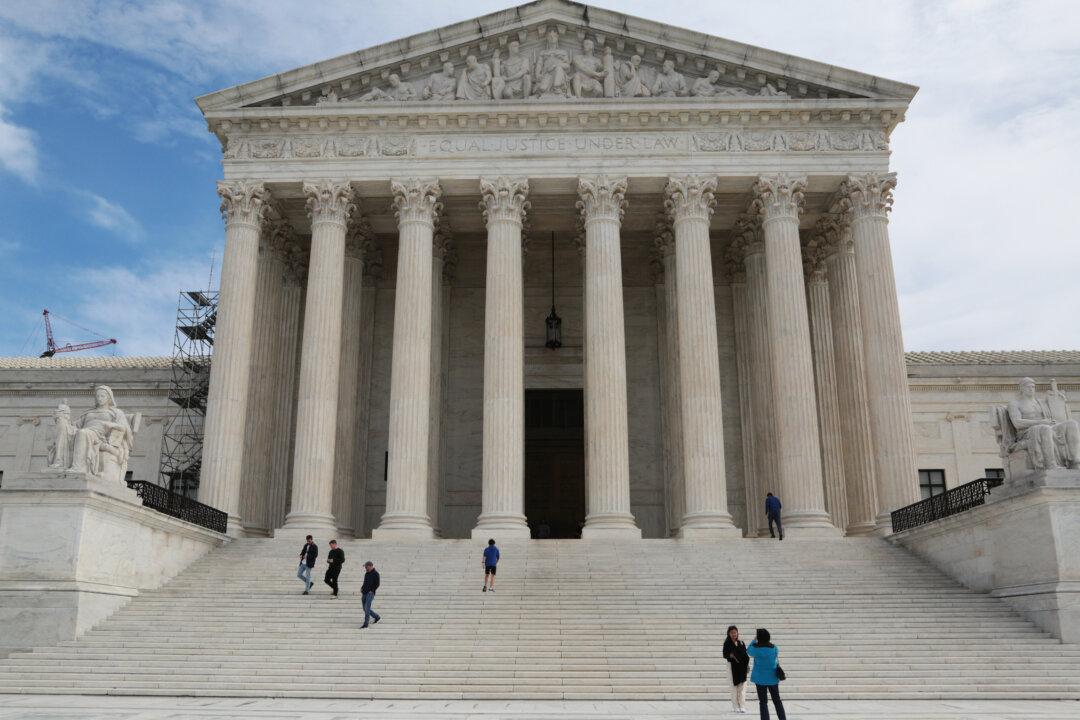The Supreme Court unanimously ruled May 11 in favor of a transgender illegal alien from Guatemala seeking asylum who claims he would face persecution if forced to return to his home country.
The ruling, a defeat for the Biden administration, is expected to make it easier for those challenging deportation to make their case.





